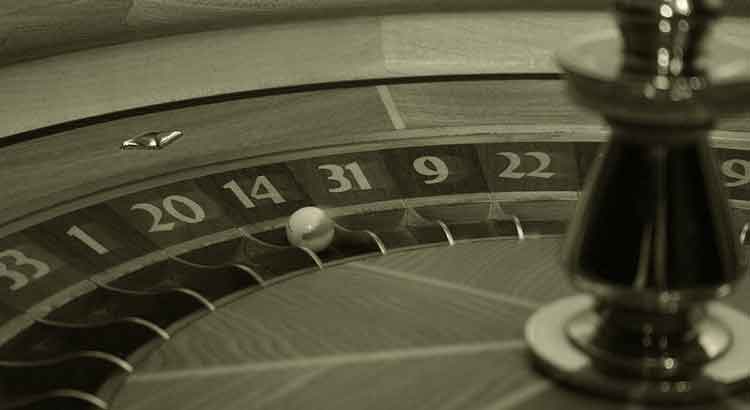I think of the artistic conceptions of Poe and Tolstoy, and suddenly I start laughing. On one side, the construction of a supreme beauty; on the other, the transmission of a feeling to the reader. Objectives: therein lies the fun. I do not know why, I start thinking about art and comes to my mind the blind universe, the ultimate representation of chance. I think of everything as a whole, and I see nothingness, the empty sky, indifference, the certain extermination, and the improbability of a purpose. “Objective” is a word invented by men who, like men, tend to perish. Stars shine for nothing, an immense galaxy can simply vanish. And I end up reflecting on the very old “useless effort”. Is beauty hidden in the certainty of defeat? Does mercy require the fall? If nothing else interests me, why exactly do I have art as valuable, as the inducer of meaning? It all seems to me, always, to lead to the very same questions…
Tag: literature
Every Book Should Have a Colored Label Attached to the Cover
When I imagine Cioran’s posture in front of a piece of paper and compare it with that of some of the best-selling artisans of entertainment, I think that every book should have a colored label attached to the cover indicating whether the work is serious or whether it is fun, a pastime, a joke—perhaps a happy face would fulfill the role well for these. Sincerity has an aggressive potential that marketing should avoid at all cost. Who pays to be attacked? Certainly not the mainstream audience. Moreover, the classification would be useful for the reader to know from whom he could ask any satisfaction, from whom he would be seen as a customer and, therefore, who would be truly interested in his satisfaction. It would be useful and very easy to identify who publishes for fame and who scratches the paper realizing they are bleeding.
Easy Money!
Forced by circumstances, I go after some translation jobs: freedom as to workload, reasonable return… I fill out my resume: vast experience in the industry, knowledge of several languages, etc., etc. They send me as a test, from the land of Shakespeare, the manual of a stupidly modest portable air conditioner. I look at it and almost laugh. From English to Portuguese it is a piece of cake! I have been translating a thousand words a week for years… And what about the domestic machine? I have a diploma that allows me to design boilers, pressure vessels, loading lifts, industrial ovens, stoves, combustion engines, cranes… and I already know that it will not take me fifteen minutes to pour out the extremely banal five hundred words and guarantee my new source of income. I read Shakespeare, Blake, Walt Whitman… Easy money! And then I get to work; in thirty minutes, the result is ready and revised. I send it by email to the contracting company. The next day, the answer: translation rejected! “We are so sorry, sir. You did not pass the test this time.”
Forced by Circumstances
It is amazing how torture it is to feel forced by circumstances to apply one’s own effort to something that delivers nothing more than money. To apply one’s own effort, and almost always the bulk of one’s own time… I see the average artist in despair before the seemingly insoluble question: how not to be useful to other human beings, or at least, how not to be outrageously useful, strictly useful, and still survive? How not sum up one’s own life in a creeping utilitarianism? How to be an artist, and not a commercial manager, a designer, a salesman? How to be an artist and, at the very least, abstain from any financial necessity in the production of one’s own work? It seems that the supreme merit boils down to being lucky…



